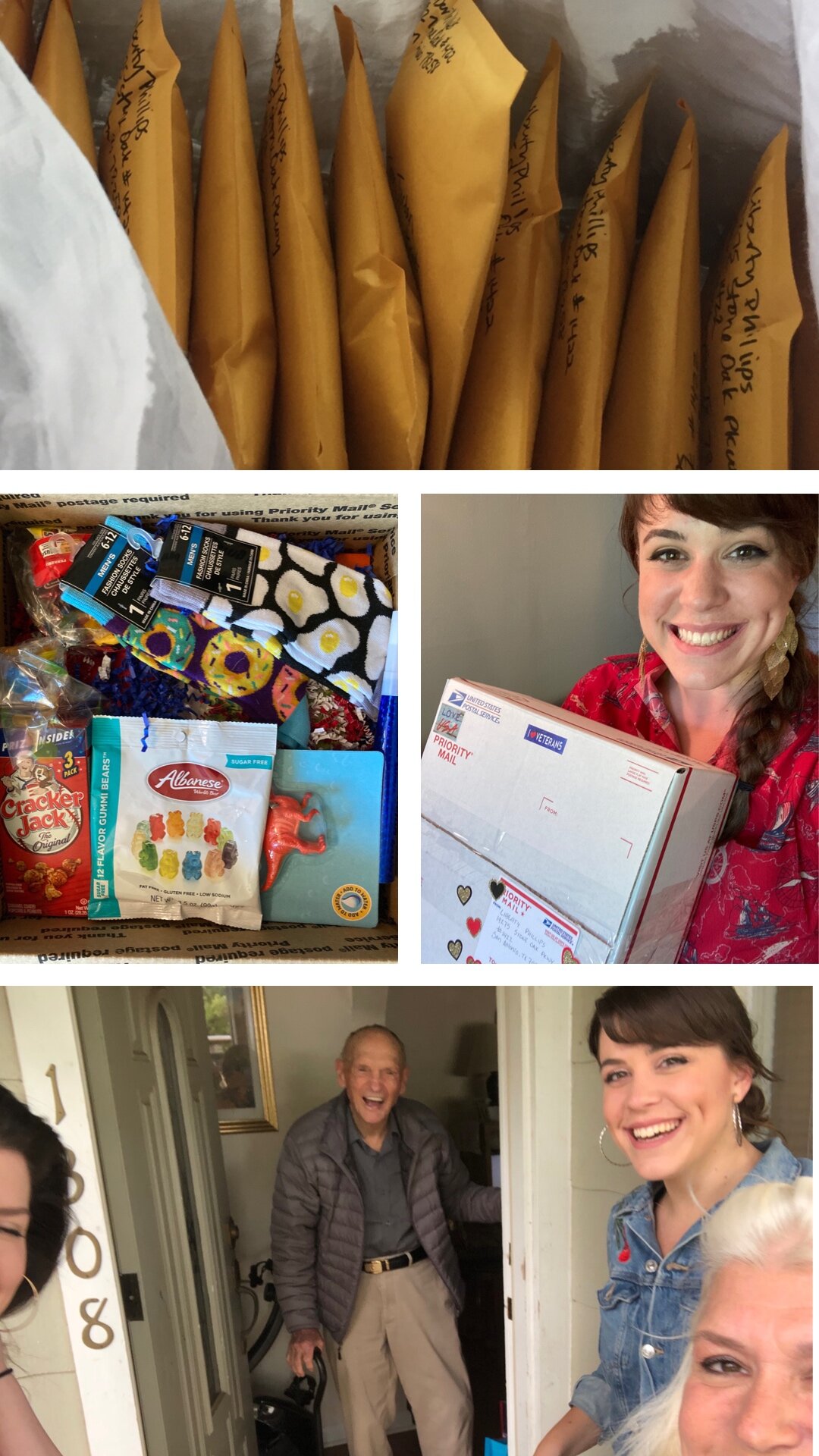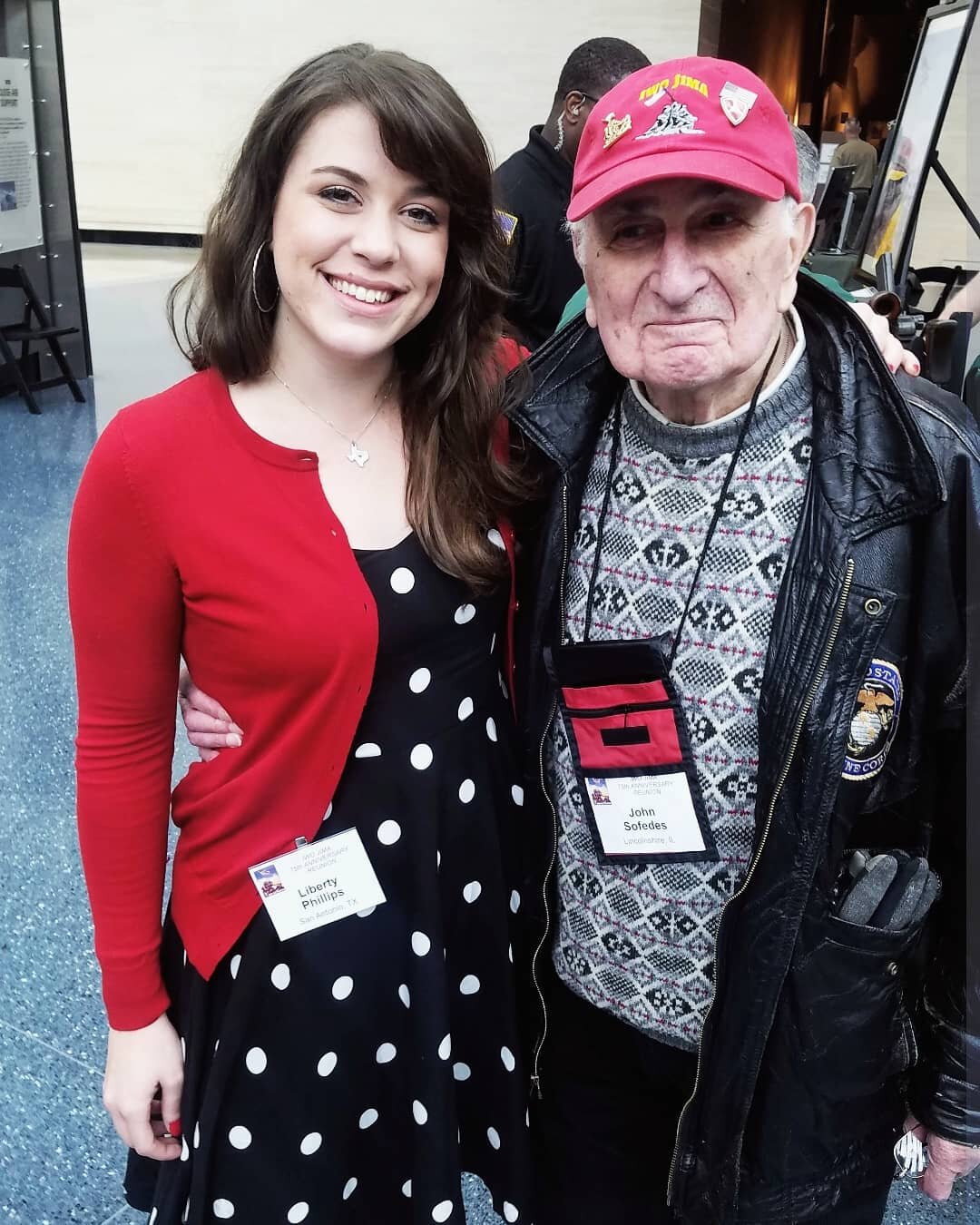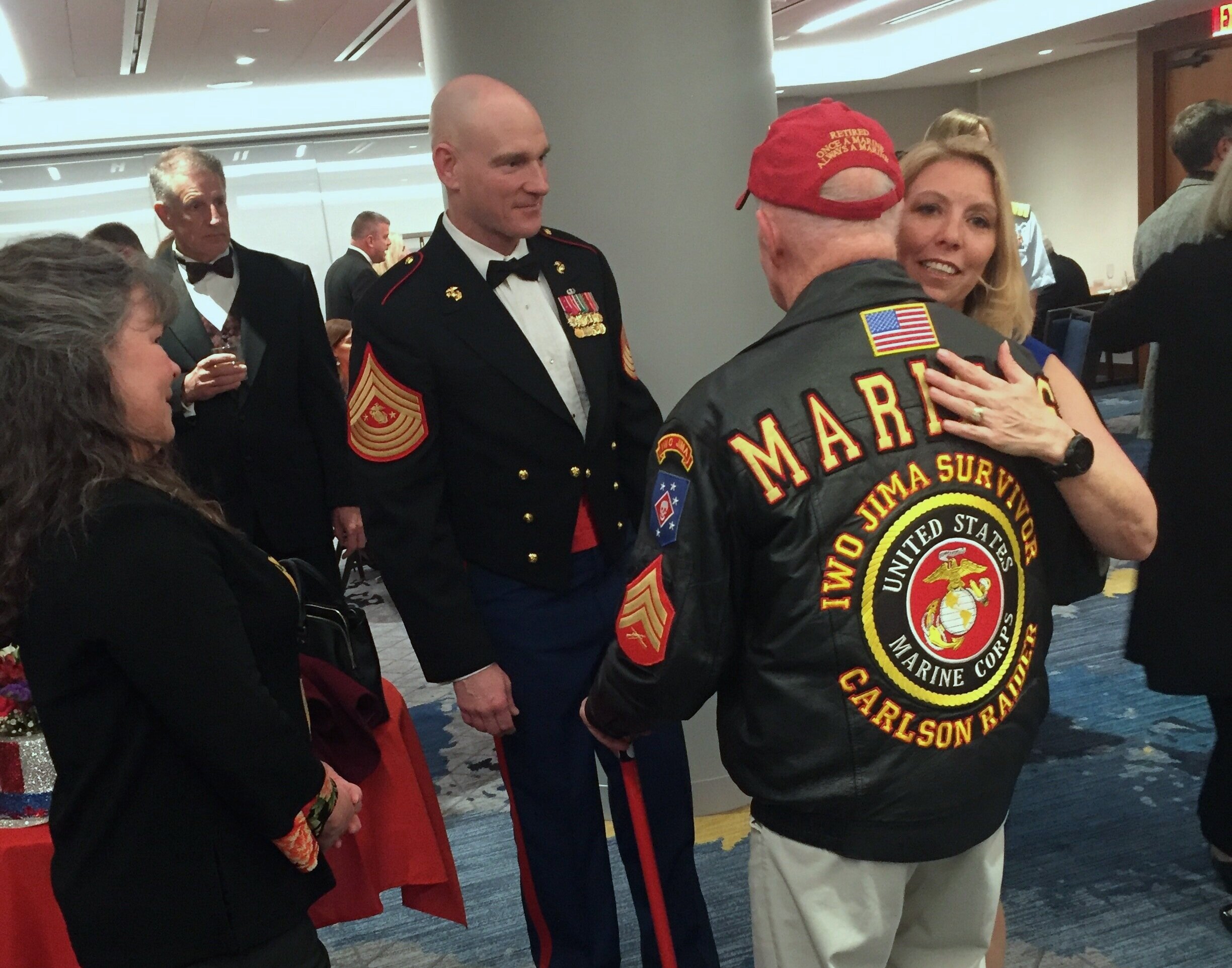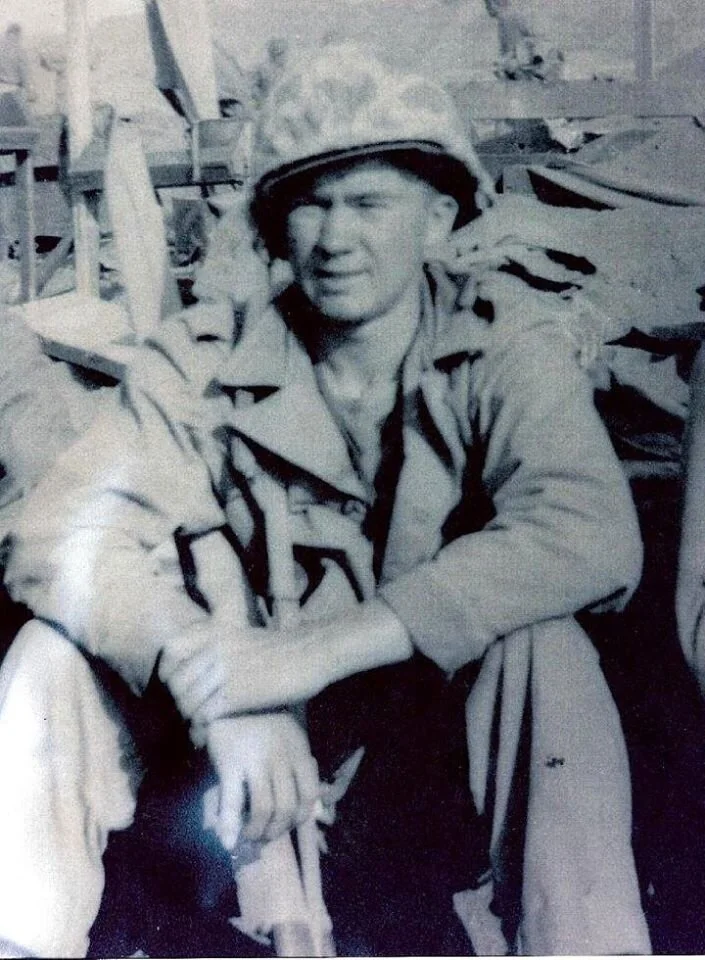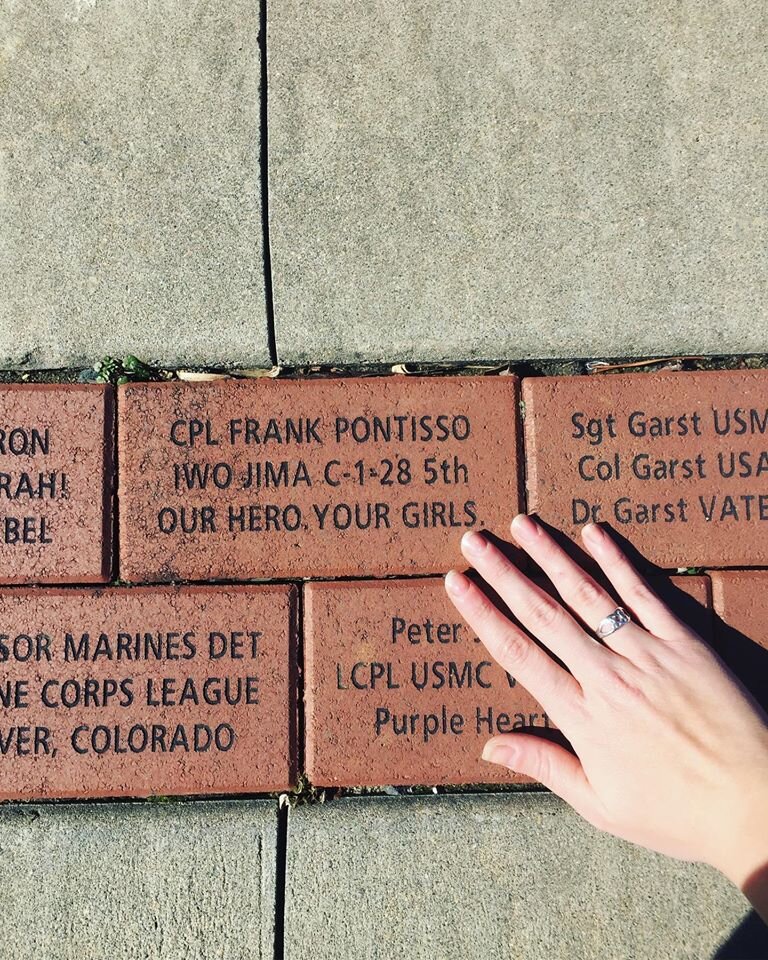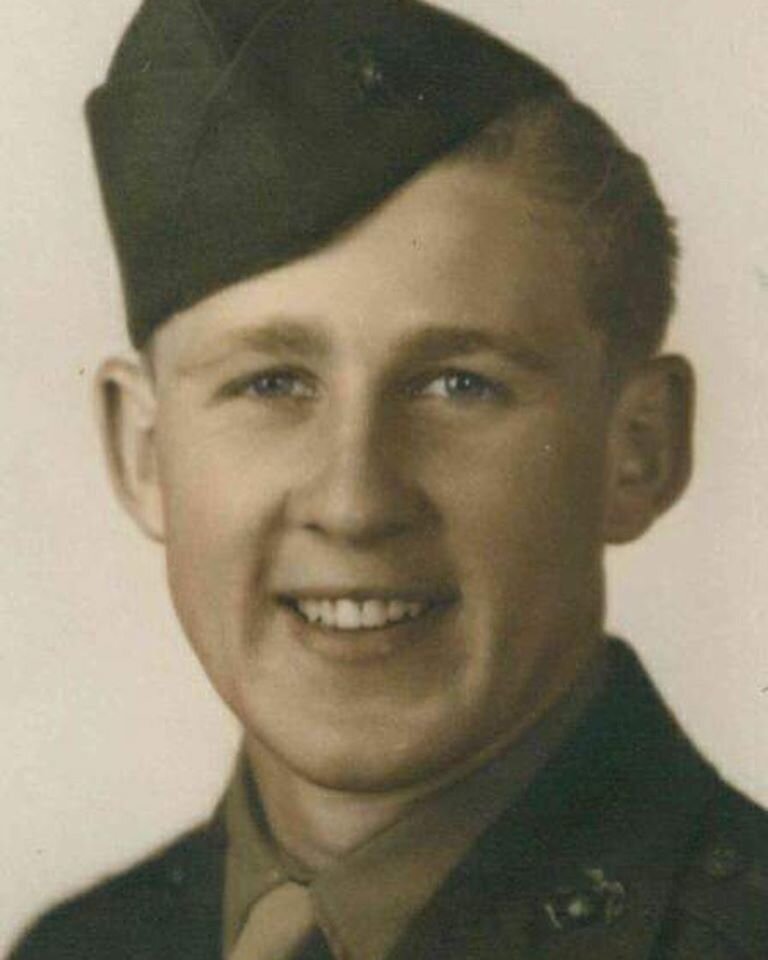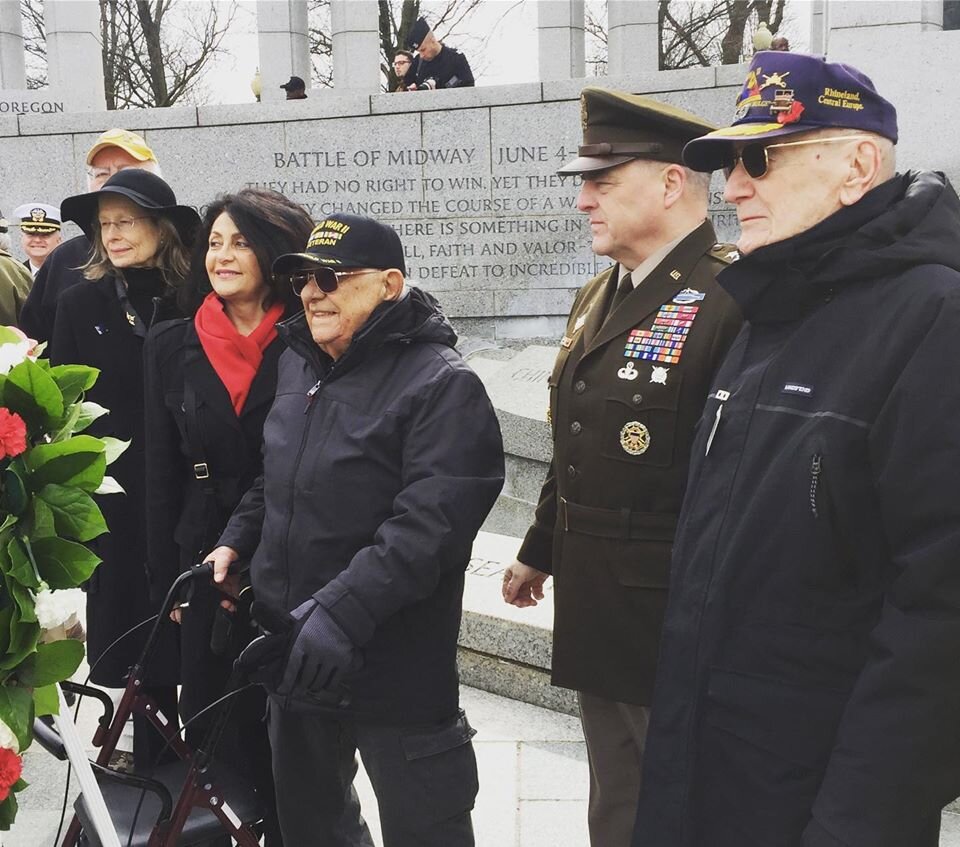Goodbye Bud
/Goodbyes are hard. And there have been so many of late. But this one... 💔
Bud called me up a couple of months ago. Phone calls with him never lasted more than a minute - minute and half if he was feeling really chatty. But this time he stretched it out a little longer. He wanted to talk about our friendship over the years and what it meant to him. I was tearing up by the end (he had that affect on me). Gentle, kind, soft-spoken man that he was, this was an unusual display. It sounded like he was saying goodbye. I didn’t want to believe it, but I knew in my heart this would be the last time. It was.
On Thursday it was my turn to say goodbye. Gathered together with his friends and fellow Marines, we gave Bud one final adieu. I patted his kind hands for the last time as he lay there so handsomely decked out in his uniform of the Corps, medals on his chest, American flag draped over his casket. He looked so fine.
Taps played. A gun salute was fired.
Goodbye Bud.
Semper Fi and farewell my wonderful, handsome Marine.
Operation Meatball
Honoring Veterans & Connecting Them With the Youth of Today











